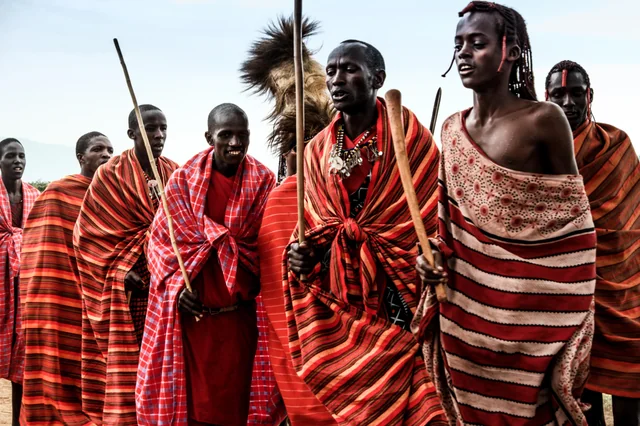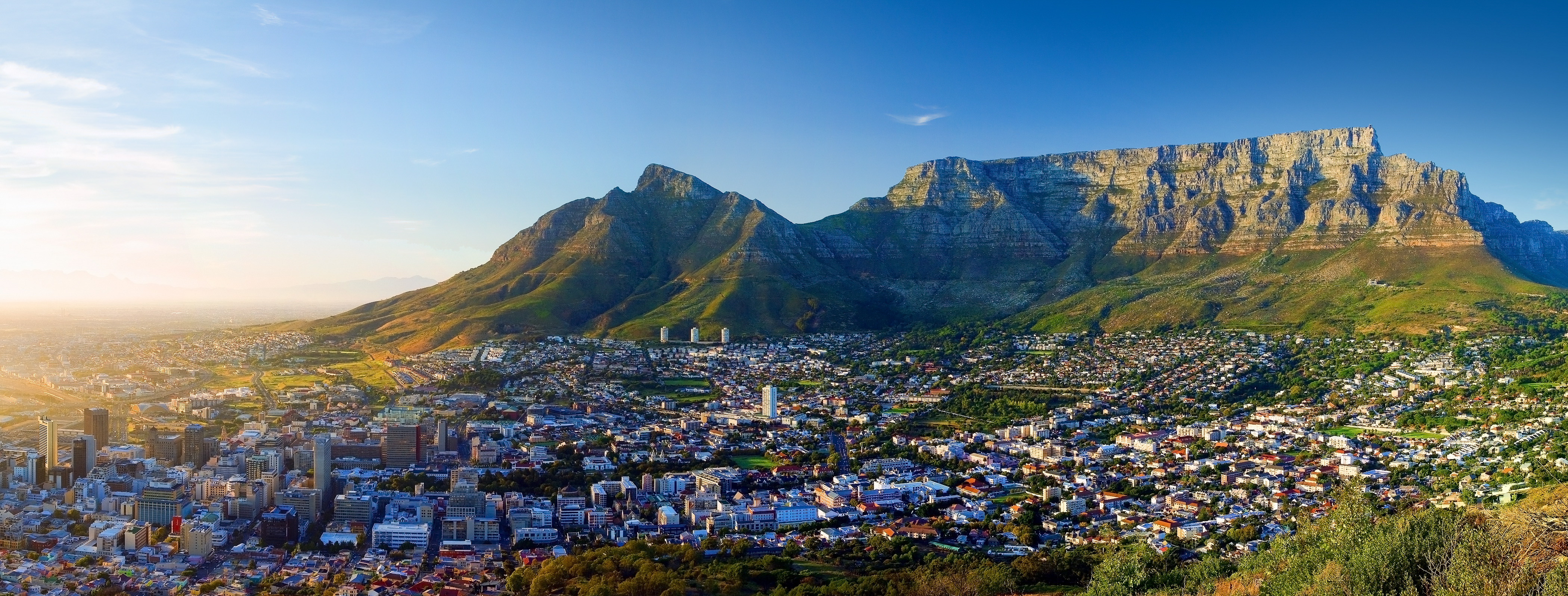RATIONALE:
The economy of Malawi heavily relies on tobacco as the commodity contributed to 52% of the total export value for the country. The country is among the top ten producers of tobacco leaf in the world. It is also the top producer of burley tobacco, alongside Brazil and the United States (Otanez et al, 2009). The demand for Malawi’s burley remains high as the leaf has a good reputation as a “flavourless and clean filler” (Prowse and Moyer-Lee, 2013). It is against this background that the debate about the effects of the World Health Organization (WHO) Framework Convention on Tobacco Control (FCTC) continues to take centre stage in the development arena of Malawi.
Malawi remains one of the few countries that have not signed the FCTC and it is clear that tobacco leaf growing continues to shape the politics of tobacco control in the country. Policy makers often weigh the health benefits of tobacco control against the potential economic losses that may be brought about by tobacco control in a country that is solely dependent on tobacco.
KEY RESEARCH QUESTIONS:
Our research is focusing on addressing the following key questions:
- What will it take for Malawi to ratify the Framework Convention on Tobacco Control (FCTC)?
- Are there alternative sources of livelihoods for tobacco farmers in Malawi?
RESEARCH GROUP MEMBERS:
- Thomas Malolo (Chair)
- Moshe Kumwenda
- Tawonga Phiri
- Donald Makoka
- Lusungu Jere

